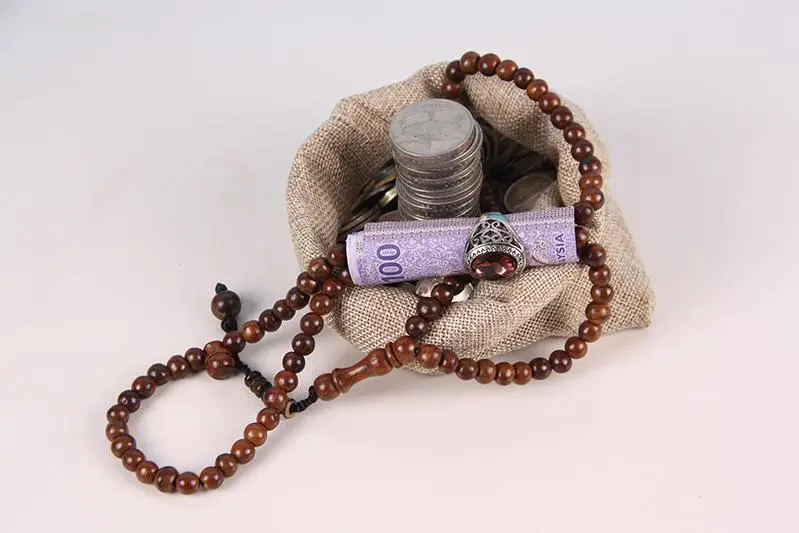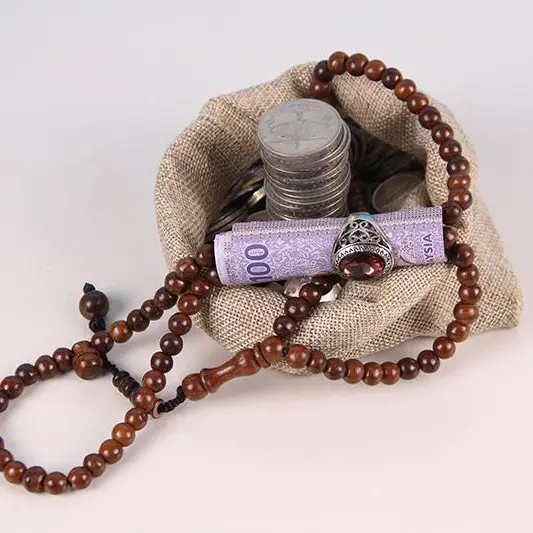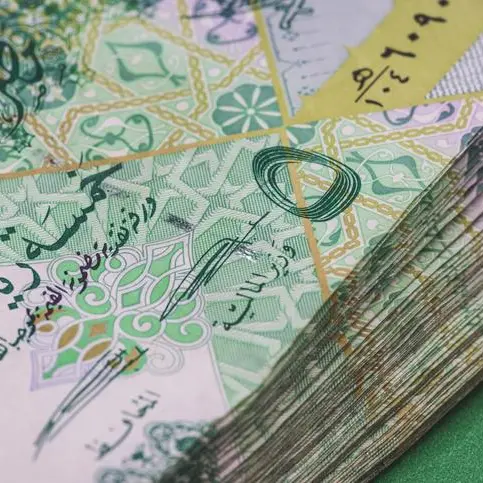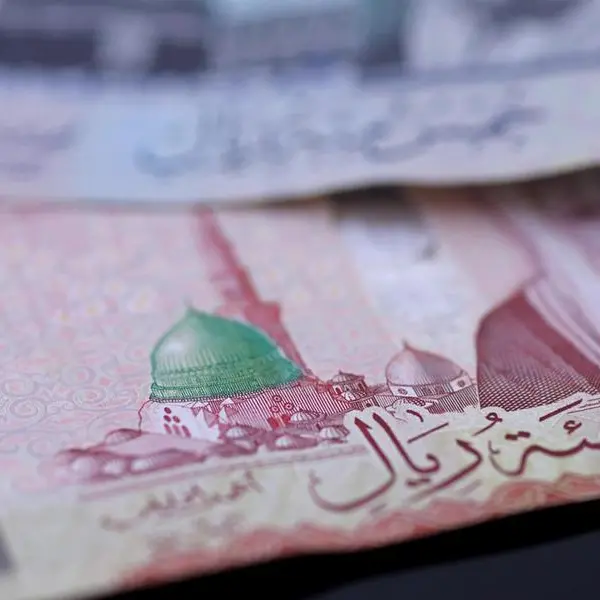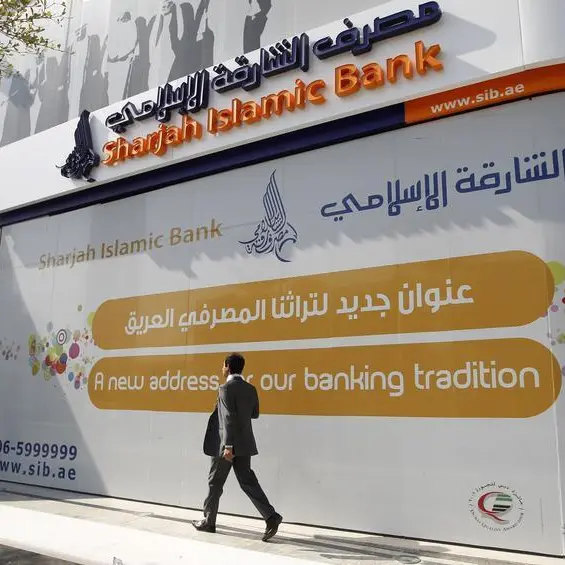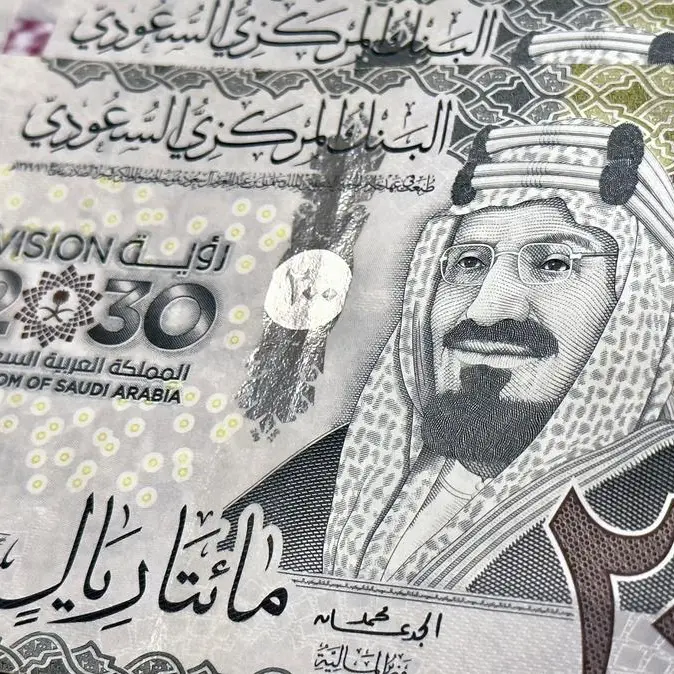PHOTO
Environmental, social and governance (ESG)-linked sukuk will likely continue to grow in core Islamic finance jurisdictions amid government initiatives that promote sustainability and economic diversification, as well as rising investor demand and awareness, said Fitch Ratings in a new report.
Fitch rates more than 80% of the hard-currency ESG-linked sukuk market, while 10.4% of all Fitch-rated sukuk is ESG-linked, the segment’s growth potential remains high.
“Commonalities exist between Islamic finance and ESG principles due to built-in sharia filters, but there are differences,” said Bashar Al-Natoor, Global Head of Islamic Finance at Fitch.
“Islamic finance does not relate only to the use of proceeds, but Islamic products also have to be structured in a way that complies with sharia. The global ESG-linked sukuk market has flourished in recent years, and we expect growth to continue in the medium term.”
Outstanding ESG-linked sukuk expanded by 11.2% quarter-on-quarter at the end of June, reaching 19.3 billion. About $4.3 billion of ESG-linked sukuk was issued in the first half of the year.
Key challenges in core Islamic finance markets include a complex issuance process and regulatory constraints, as well as a shortage of domestic ESG-focused investors and issuers. Sukuk must also be sharia-compliant.
ESG-related issues, such as water scarcity, climate change and governance reform, are key issues in a number of countries under the Organisation of Islamic Cooperation (OIC). For example, five out of six countries in the Gulf Cooperation Council (GCC) region rank in the top 10 globally when it comes to extreme temperature and drought.
(Writing by Brinda Darasha; editing by Cleofe Maceda)
